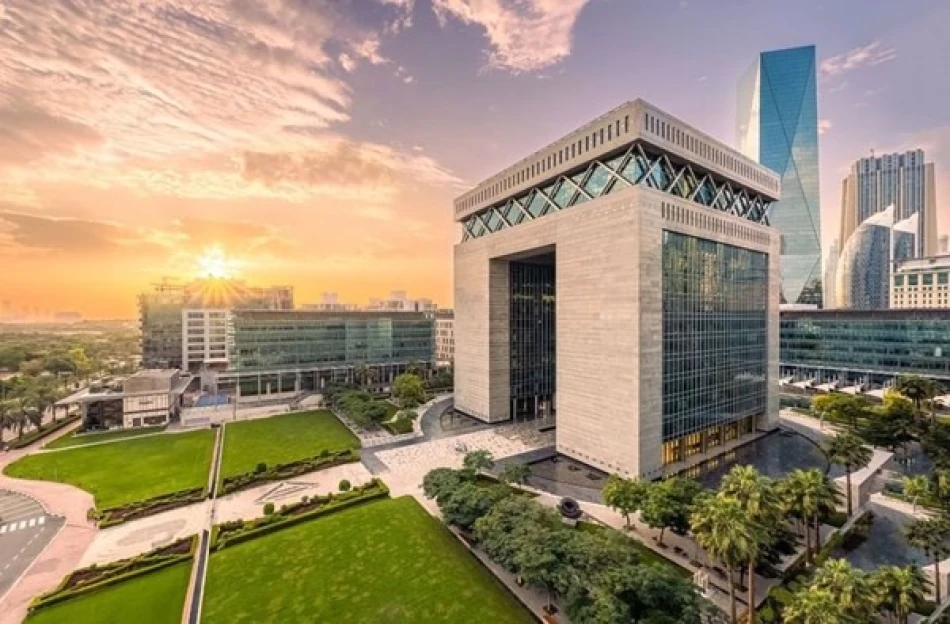
Dubai International Financial Centre Unveils Regulatory Updates to Enhance Business Environment
Dubai Financial Centre Strengthens Data Protection Laws with New Private Litigation Rights
The Dubai International Financial Centre (DIFC) has enacted significant amendments to its data protection legislation, introducing private litigation rights through its courts system and aligning the jurisdiction more closely with international best practices. The changes, effective July 15, 2025, represent a strategic move to enhance Dubai's position as a global financial hub by offering stronger legal protections for data subjects.
Enhanced Legal Recourse for Data Breaches
The most significant change allows individuals whose personal data has been processed in violation of DIFC's data protection law to pursue private litigation through the DIFC Courts. This development places Dubai alongside jurisdictions like the European Union under GDPR, where individuals have robust legal remedies for data protection violations.
Previously, data subjects in the DIFC relied primarily on regulatory enforcement. The new private right of action creates a dual-track system where both regulators and individuals can pursue violations, potentially leading to higher compliance standards among financial institutions operating in the zone.
Strategic Positioning in Global Finance
These amendments arrive at a crucial time as financial centers worldwide compete for international business amid increasing data localization requirements and privacy regulations. The DIFC's move mirrors similar developments in Singapore's financial district and Switzerland's banking sector, where enhanced data protection has become a competitive advantage.
For multinational financial institutions, the changes mean clearer legal frameworks when transferring data across borders. The updated Article 28 regarding data transfers provides more precise adequacy assessments for third countries receiving personal data, reducing compliance uncertainty.
Market Implications for Financial Services
The legislative updates extend beyond data protection to include clarifications in guarantee law, bankruptcy, and employment legislation. This comprehensive approach suggests the DIFC is positioning itself for the next phase of financial services evolution, where data governance and digital assets increasingly drive business models.
Financial institutions operating in the DIFC will need to reassess their data handling procedures and potentially increase their legal reserves for potential litigation. However, the clearer legal framework may ultimately reduce compliance costs by providing more predictable outcomes.
Broader Regional Context
The amendments reflect the UAE's broader strategy to establish itself as a bridge between Western financial centers and emerging markets. By adopting international best practices in data protection while maintaining its business-friendly environment, Dubai is positioning the DIFC as an attractive alternative to traditional financial hubs facing increased regulatory scrutiny.
The timing also coincides with increased focus on data sovereignty across the Middle East, where governments are balancing economic openness with security concerns. The DIFC's approach offers a model for how financial free zones can maintain international connectivity while respecting local regulatory requirements.
Most Viewed News

 Layla Al Mansoori
Layla Al Mansoori






